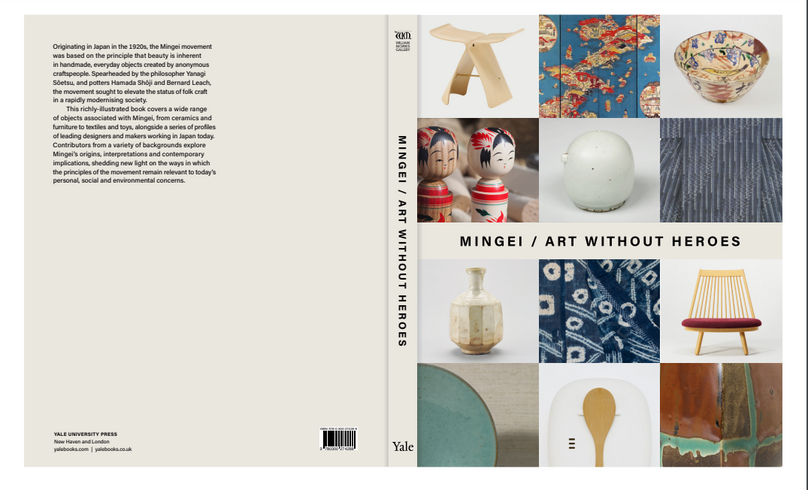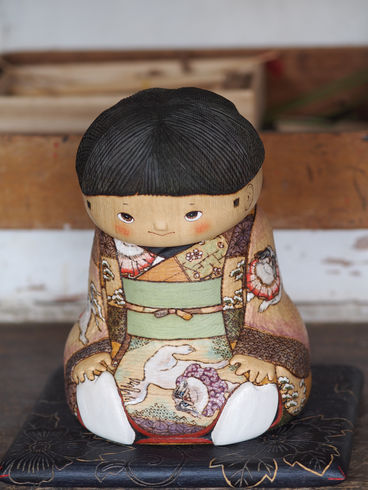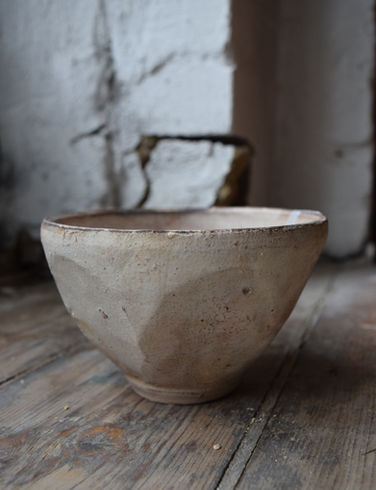Art Without Heroes: Mingei
Edited by Roisin Inglesby, a major new publication by Yale University Press exploring the origins, interpretations and contemporary implications of the Mingei movement.
Originating in Japan in the 1920s, the Mingei movement was based on the principle that beauty is inherent in handmade, everyday objects created by anonymous craftspeople. Spearheaded by the philosopher Yanagi Sōetsu and the potters Hamada Shōji and Bernard Leach, the movement sought to elevate the status of folk craft in a rapidly modernizing society. Yet over the past hundred years, “Mingei” has acquired new meanings. This richly illustrated publication is the first to interrogate these from a variety of perspectives.
Featuring nine essays by an international team of experts alongside a series of profiles of contemporary Japanese makers, this expansive book covers a range of objects, from ceramics and furniture to textiles and toys. Contributors from a variety of backgrounds not only explore the historical roots of the movement but also shed new light on the ways in which its principles are relevant to today’s personal, social, and environmental concerns.
Credits
Image copyright: (C) Roisin Inglesby. (C) Okazaki Manami. (C) Itoshiro Yohin Ten. (C) Crafts Study Centre, University for the Creative Arts at Farnham, Surrey. (C) V&A Museum, London. (C) National Museums Scotland












